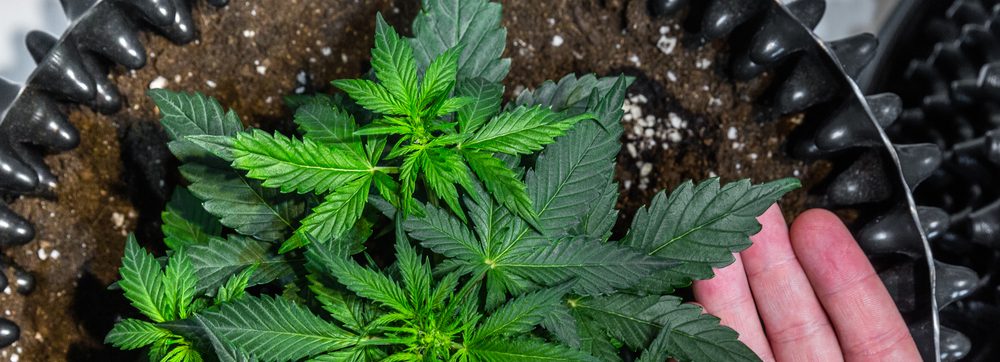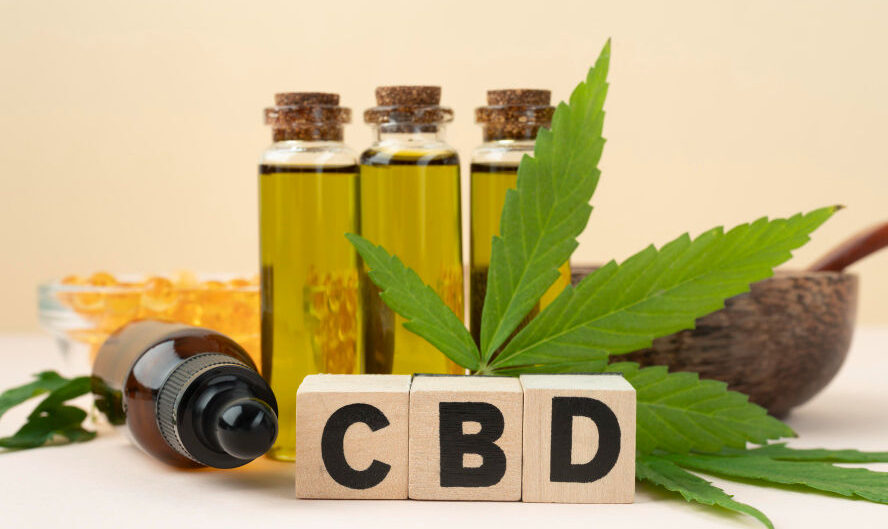Are you puzzled by all the chatter surrounding CBD? Though it’s a key component in cannabis, CBD doesn’t cause the “high” that marijuana does. This post will bust common myths and lay out the facts about CBD, putting your mind at ease.
Best buy link is here :- https://www.blissformula.com/pages/cbd-mexico
Keep reading for clarity!
Debunking Myths About CBD
Despite common misconceptions, CBD does not cause a high and is not addictive. It is also safe to use and has been shown to have various potential health benefits.
CBD does not cause a high
CBD does not make you feel high like THC does. This is because CBD and THC act differently on the brain’s receptors. THC triggers a euphoric effect, that “high” feeling many people talk about.
But CBD doesn’t have this same effect. It can help calm your mind without the psychoactive effects.
Many people use CBD products safely every day. They enjoy less stress and better sleep without worrying about getting high. So, if you’re looking into CBD for its health perks, know that it won’t affect your clarity or focus the way marijuana would.
CBD is not addictive
Furthermore, it’s important to note that CBD is not addictive. Research has shown that, unlike THC, the psychoactive component of cannabis, CBD does not lead to dependence or withdrawal symptoms.
This distinction is crucial for those seeking natural alternatives for managing health concerns without the risk of addiction or substance abuse. Understanding this can help users confidently explore the potential benefits of CBD without fears of developing addictive behaviours.
CBD is safe to use
CBD is considered safe to use, with minimal side effects reported in studies. It’s important to purchase CBD products from reputable sources to ensure quality and purity. Always follow the recommended dosage guidelines and consult with a healthcare professional if you have any concerns about using CBD.
CBD has a variety of potential health benefits
CBD offers a wide range of potential health benefits, including relieving pain, reducing anxiety and depression symptoms, alleviating cancer-related symptoms, and even benefiting heart health.
Research suggests that CBD may have neuroprotective properties and could help in the treatment of neurological disorders such as epilepsy and multiple sclerosis. Furthermore, it has shown promise in promoting better sleep quality and supporting overall mental well-being.
In addition to these potential benefits, some studies indicate that CBD might have anti-inflammatory properties and can reduce acne due to its sebum-regulating effects.
The Bottom Line on CBD
Scientific evidence supports the potential health benefits of CBD, and it is essential to understand recommended usage, dosage, and possible risks. Please keep reading to learn more about separating fact from fiction regarding CBD myths.
Evidence-based findings on CBD
Research shows that CBD, a component of cannabis, does not cause a euphoric high like THC. Scientific evidence suggests that CBD is not addictive and has a low potential for abuse.
Studies indicate that CBD is generally well-tolerated with few side effects when used at recommended dosages. Additionally, there is growing research supporting the potential health benefits of CBD in managing conditions such as anxiety, pain, inflammation, and epilepsy.
It’s important to note that while CBD holds promise in various health aspects, more research is needed to understand its long-term effects and optimal usage fully. As such, individuals considering the use of CBD should consult with a healthcare professional to determine an appropriate dosage and discuss any potential risks or interactions with existing medications.
Recommended usage and dosage
When considering the usage and dosage of CBD, it’s crucial to start low and go slow. Begin with a small amount, then gradually increase as needed. Always follow the recommended dosage on the product label or consult a healthcare professional for personalized advice based on your needs.
Understanding how much CBD to take depends on individual tolerance, body weight, and the desired effects. It’s important to remember that finding the correct dosage may take trial and error.
The key is patience and consistency in finding what works best for you. As we delve into the potential risks and side effects of CBD usage, it’s essential to stay informed about making well-informed choices regarding its consumption.
Potential risks and side effects
Using CBD may lead to potential risks and side effects for some individuals. These can include nausea, fatigue, and irritability. Starting with a low dose is necessary, and monitoring how your body responds when using CBD products is essential.
Also, be aware that it may interact with certain medications, so consult with a healthcare professional before adding CBD to your routine.
Moving forward, it’s crucial to understand the evidence-based findings on CBD to make informed decisions about its usage and dosage.
Conclusion
In conclusion, it’s essential to separate fact from fiction regarding CBD. Evidence-based findings show that CBD does not cause a high and is not addictive. It is safe to use, offers potential health benefits, and differs significantly from marijuana due to its low THC content.
Understanding the truth about CBD can guide recommended usage and dosage and help users make informed decisions while dispelling common myths.



